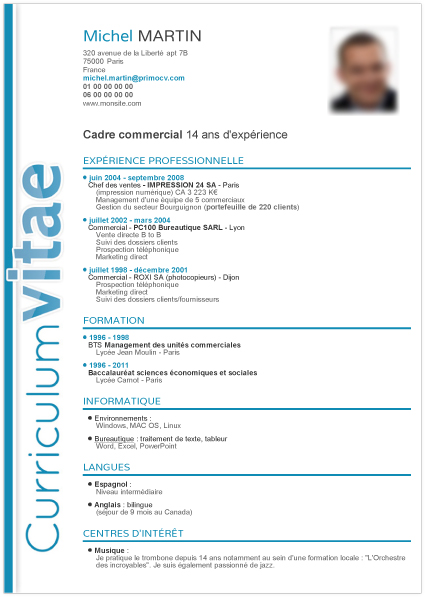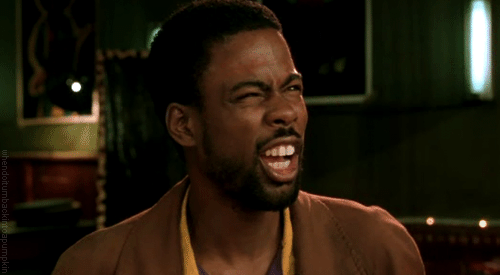Most of us come to college with little or no knowledge about what a CV is, or what its not.
First things first, CV is not a sexually transmitted disease.
And Yes, there is a possibility that you will need a CV sometime in the future, or at least know what it is so that you are not afraid of it.
This one hour workshop was conducted by Dr. Michael Souza, and he efficiently gave us everything we needed to know about writing our own.
He also cleared a few misconceptions, starting with the most obvious.

I didn’t know that CV and resumes were two different things!
In simple terms, a CV is an academic resume. And just like any other resume, it is an opportunity to share experiences, and qualifications, but unlike a resume, it is very objective and less self promoting.
When do you need a CV?
You should start working on a CV when you’re applying for a research assistant position, or applying to graduate school. You can also use the CV to monitor your professional progress.
How long should your CV be?
That depends on how much experience you have, and how much you have to write. A rule of thumb is that, the CV should be constructed in such a way that it highlights your best achievements, but keeps the reader interested for a second look.
What should a CV look like?

A random CV that I googled.
More appropriate examples of a CV can be found at UBC resources: CV and Resume writing
You can ornate your CV in innumerable ways; organise yours in such a way that it works best for what YOU have done, and gives an idea of what you are planning to accomplish in the future.
For instance, if you’re applying for an RA position in psychology, and haven’t done so well in a physics course, you do not necessarily have so show your physics marks. You could only include your marks in Psychology, and other related courses, or give an average mark. You wouldn’t be cheating, or hiding anything. Remember, the whole purpose of a CV is to earn you a second glance. If the reader is interested in learning more about your grades, they will ask for it, or take a look at your transcript.
Things that are a must in a CV:
- Your name and contact : This is a no brainer, but it should be noted that your contact should be something where you can always be reached. It should be professional; you cannot give your Facebook id as your contact, and your email should not be ‘muscleman@hotmail.com’.
- Most recent experiences should come first.
- Education should be the first topic.
- The CV should have a simple, clean outlook – remember the reader will only look at your CV for 20 seconds max.
- Education: Write the name of your institution, and the names of the course and their corresponding dates of completion. If you haven’t graduated yet, add the date of your expected date of graduation. Put your grades if you think that it adds to the value of your CV.
- Research Experience: Explain what the research was about, don’t just write that you were stapling documents. For example:
Undergraduate Research Assistant with Dr. Jiaying Zhao Sept 2012 -2014
UBC Department of Psychology present
I am assisting with data collection and analyses on a study examining subjective experiences of well-being in office settings

 Follow
Follow

Leave a Reply